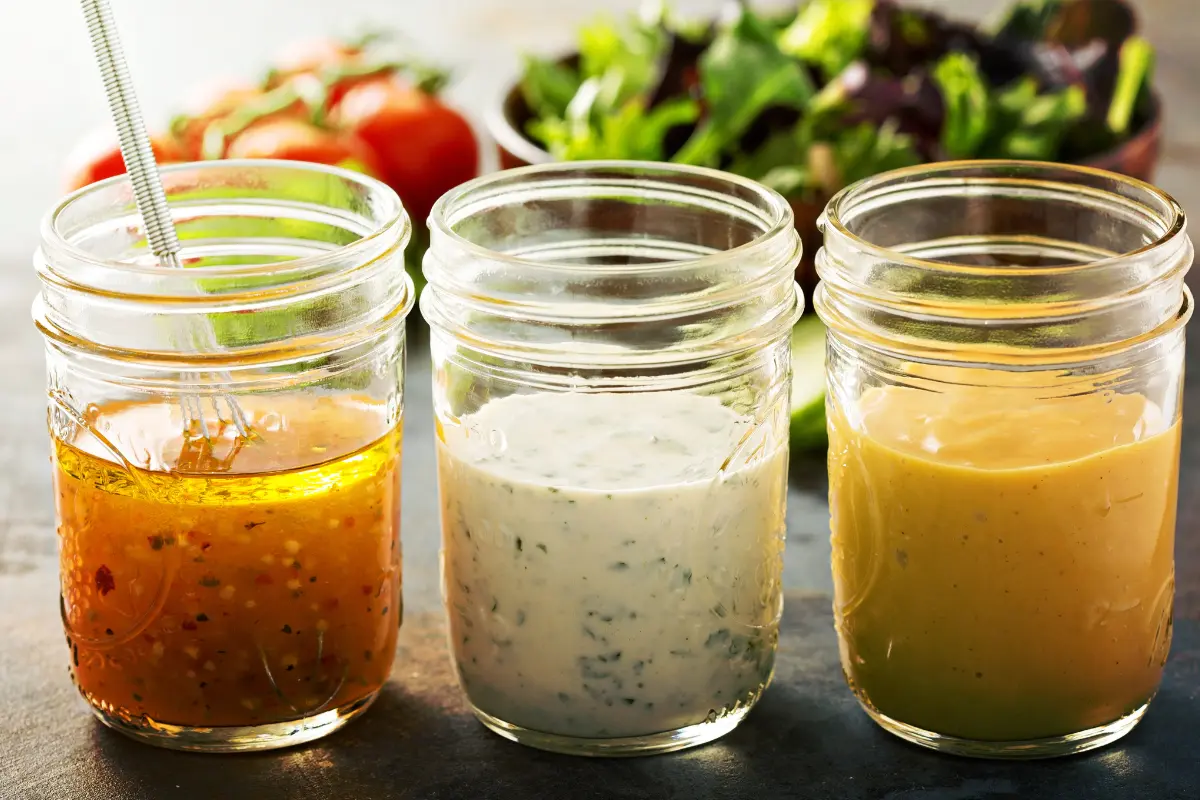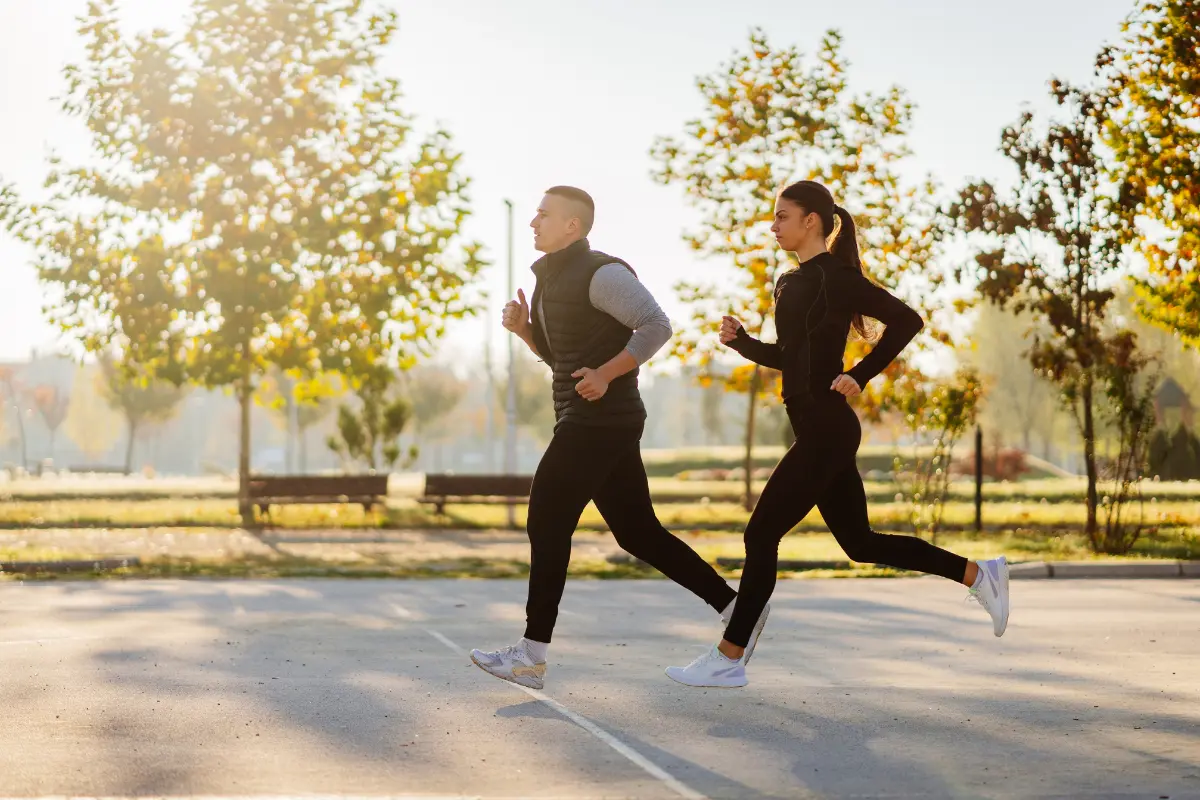
You've been crushing it in the gym, dialing in your nutrition, and seeing those hard-earned results. But then comes the weekend invitation, the celebratory toast, or just a desire to unwind with a drink. The big question looms: can alcohol and your fitness goals actually coexist?
Many fitness enthusiasts grapple with this question. You don't want to undo all your progress, but you also don't want to feel like you're missing out on life. The good news? It’s not always an all-or-nothing scenario. Understanding how alcohol impacts your body and learning smart strategies can help you find a sustainable balance.
Today, we're diving deep into alcohol and fat loss, exploring its effects on alcohol and muscle growth, and providing practical tips for drinking on a diet, including making low-calorie alcohol choices.
The Science: How Alcohol Impacts Your Fitness Journey
Before we talk strategies, let's understand what's happening physiologically when you consume alcohol.
Advertisement
1. Alcohol and Fat Loss: The Metabolic Roadblock
When you're working hard to shed fat, alcohol can feel like a major speed bump. Its impact goes beyond just the calories in your glass, directly affecting how your body processes and stores energy.
Alcohol Provides “Empty Calories”
Alcohol provides 7 calories per gram – more than carbs or protein (4 calories/gram) and almost as much as fat (9 calories/gram). These are "empty" calories, offering little to no nutritional value.
Drinking Alcohol Shifts Your Metabolic Priority
When alcohol enters your system, your body prioritizes metabolizing it over other nutrients. This means fat oxidation (your body's ability to burn fat for fuel) takes a backseat until the alcohol is cleared. Essentially, alcohol presses pause on your fat-burning efforts.
The "Drunchies" Effect
Alcohol can lower inhibitions and stimulate appetite, often leading to less-than-ideal food choices (hello, late-night pizza!). This can significantly increase your overall calorie intake.
Alcohol and Muscle Growth: A Bumpy Road to Gains
For those focused on building strength and muscle, alcohol can present several obstacles. It interferes with the very processes your body relies on to repair and build new tissue after your workouts.
Advertisement
Reduced Muscle Protein Synthesis (MPS)
MPS is the process your body uses to repair and build new muscle tissue after a workout. Studies show that alcohol consumption, especially in larger amounts post-exercise, can significantly reduce MPS, potentially hindering your recovery and muscle growth.
Hormonal Disruption
Alcohol can negatively impact key hormones involved in muscle growth, such as testosterone (decreasing it) and cortisol (increasing it, which is catabolic).
Dehydration: Alcohol is a diuretic, meaning it makes you urinate more, leading to dehydration. Proper hydration is crucial for muscle function, recovery, and performance.
Alcohol’s Impact on Recovery & Sleep
Beyond direct effects on fat and muscle, alcohol significantly influences two cornerstones of fitness progress: your ability to recover effectively and the quality of your sleep.
Poor Sleep Quality: While a drink might make you feel sleepy initially, alcohol actually disrupts your sleep architecture, particularly REM sleep, which is vital for mental and physical restoration. Poor sleep = poor recovery.
Advertisement
Slower Recovery: The combined effects of dehydration, hormonal imbalance, and reduced MPS mean your muscles may take longer to recover from workouts, potentially leading to increased soreness and a higher risk of injury.
Strategies for Smart Social Drinking Without Sacrificing Results
Okay, so the science might sound a bit daunting, but knowledge is power! Let's discuss how to navigate social situations and enjoy a drink responsibly.
1. Plan Ahead
- Set Your Limits: Decide before you go out how many drinks you'll have, and stick to it.
- Eat Smart Beforehand: Have a balanced meal rich in protein and fiber before drinking. This can help slow alcohol absorption and reduce the likelihood of overeating later.
- Hydrate Proactively: Drink plenty of water throughout the day leading up to your social event.
2. Pace Yourself
Sip your drink slowly. Alternate each alcoholic beverage with a glass of water. This helps with hydration and slows down your overall alcohol consumption.
Advertisement
3. Make Smarter Alcohol Choices While Drinking
Opt for Low-Calorie Alcohol Choices like…
- Spirits + Zero-Calorie Mixers: Vodka, gin, tequila, or rum with soda water, diet tonic, or a squeeze of fresh lime/lemon are your best bets.
- Light Beer: If you're a beer drinker, choose light varieties.
- Dry Wine: Dry red or white wines generally have fewer calories and sugar than sweeter versions or dessert wines.
- Avoid Sugary Cocktails: Margaritas, daiquiris, piña coladas, and drinks made with sugary juices or syrups are packed with calories and sugar.
4. Be Mindful When Drinking on a Diet
Don't "save up" all your calories for alcohol. This can lead to nutrient deficiencies and an unhealthy relationship with food. Aim for balance across your entire week.
Post-Drinking Recovery: Tips to Get Back on Track After a Night Out
It happens — sometimes, enjoying a drink is worth the trade-off. Here are a few things to stay on top of so one day of drinking doesn’t become many days of unhealthy choices:
- Rehydrate Immediately: Drink plenty of water before bed and upon waking.
- Nutrient-Dense Next Day: Focus on whole, unprocessed foods the following day to replenish nutrients.
- Don't Skip Your Workout: If you're feeling okay, a light workout can actually help you feel better. However, listen to your body. If you're significantly hungover, rest might be the better option, or at least reduce the intensity.
Alcohol & Fitness Goals: Finding Your Balance
Ultimately, the "right" approach to alcohol and fitness is personal. It depends on your specific goals, how your body responds, and what you're willing to compromise on.
Advertisement
- If fat loss is your primary goal: Limiting alcohol intake significantly will likely yield faster results due to its caloric density and impact on fat metabolism.
- If muscle growth is your focus: Be particularly mindful of drinking around your training sessions to maximize MPS and recovery.
- For general health and fitness: Moderation is key. An occasional, well-planned drink is unlikely to derail long-term progress if the rest of your nutrition and training are consistent.
It's about making informed decisions rather than feeling restricted. Perfection isn't the goal; consistency and smart choices are.
Ready to stop guessing and start strategically navigating social events without derailing your progress? Sometimes, a little personalized guidance can make all the difference. A 1-on-1 WAG Nutrition coach will help you navigate social drinking without sacrificing results.
Schedule a Free Intro Call
Working Against Gravity has led the macro tracking and health space for over a decade. Our team doesn’t just understand the science of nutrition—we’ve spent years mastering the art of tailoring it to fit your life. That means no cookie-cutter plans, just real strategies that have worked for over 30,000 people.
Schedule a free call with our team to learn how working with a 1-on-1 WAG coach will help you reach your goals.



